Top 7 Best Blockchain Platforms in 2023
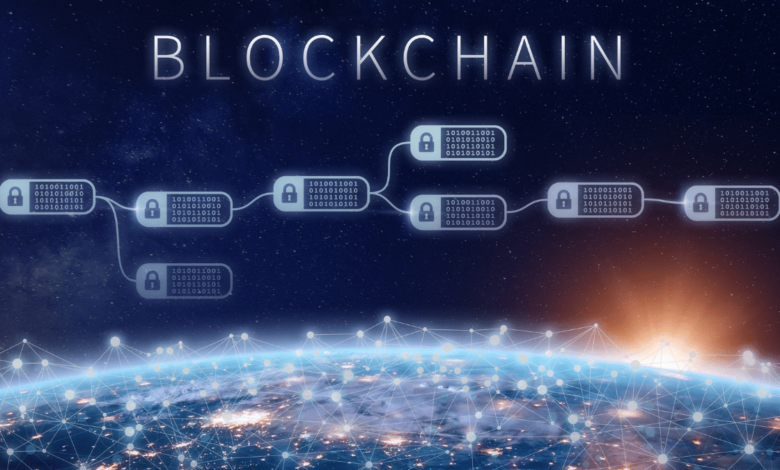
Do you know Top 7 Best Blockchain Platforms in 2023? Blockchain technology has been revolutionizing various industries, from finance and healthcare to supply chain management and beyond. With the increasing interest in blockchain technology, several blockchain platforms have emerged in the market. In this article, we will discuss the top 7 best blockchain platforms in 2023 that are expected to shape the future of the blockchain industry.
Read More: 15 New Surprising Stats About Blockchain in 2023
Introduction
Blockchain technology is a decentralized, distributed ledger that records transactions in a secure and transparent manner. It has the potential to revolutionize various industries by enabling secure, transparent, and efficient transactions. A blockchain platform is a software platform that allows developers to build decentralized applications (Apps) using blockchain technology. In this article, we will discuss the top 7 best blockchain platforms in 2023.
What is a Blockchain Platform?
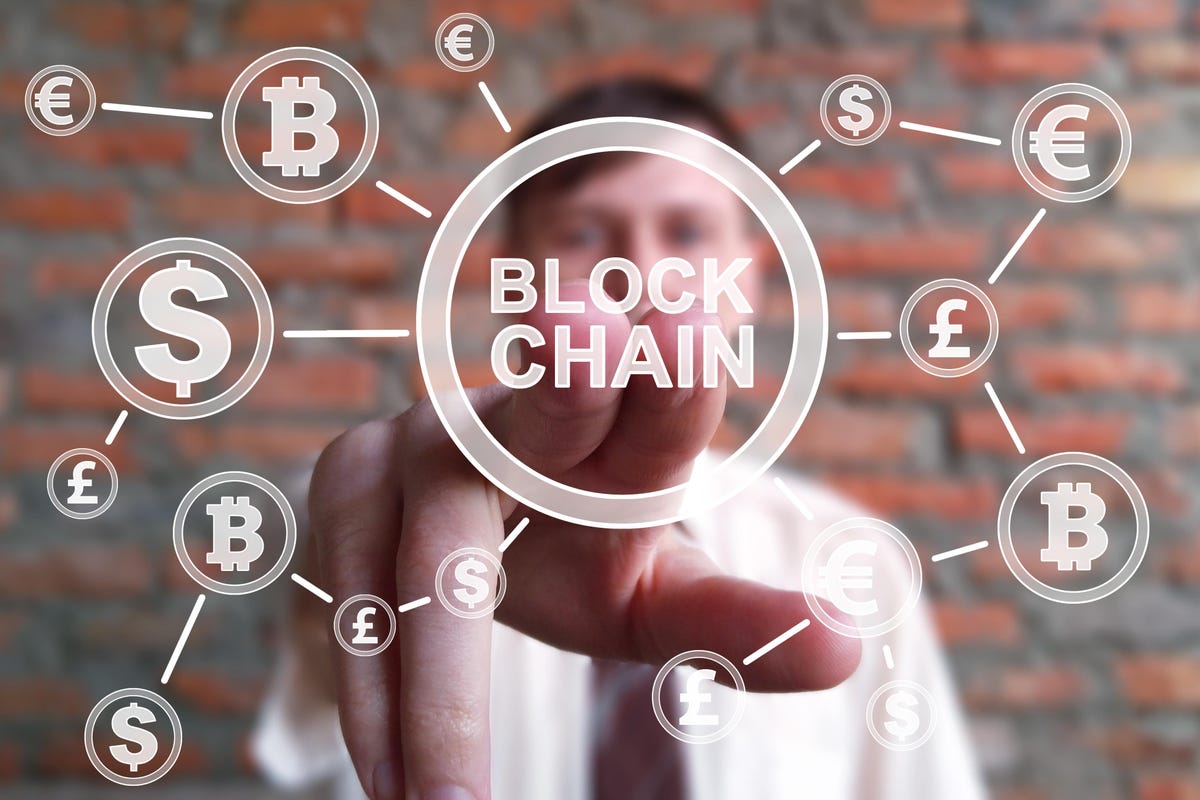
A blockchain platform is a software platform that enables the development of decentralized applications (Apps) using blockchain technology. It provides developers with the necessary tools and infrastructure to build, deploy, and run blockchain-based applications. A blockchain platform consists of several components, including a consensus mechanism, a smart contract platform, and a network infrastructure.
Criteria for Selecting the Best Blockchain Platforms
Selecting the best blockchain platforms can be a challenging task, given the wide range of platforms available in the market. However, some criteria can help in making an informed decision:
- Security: The blockchain platform should have robust security measures to ensure the safety and privacy of users.
- Scalability: The blockchain platform should be scalable enough to handle a large number of transactions.
- Interoperability: The blockchain platform should be interoperable with other platforms to enable seamless integration.
- Governance: The blockchain platform should have a clear governance structure to ensure transparency and accountability.
- Developer-friendly: The blockchain platform should have a user-friendly interface and provide developers with the necessary tools and resources to build and deploy dApps.
Top 7 Best Blockchain Platforms in 2023
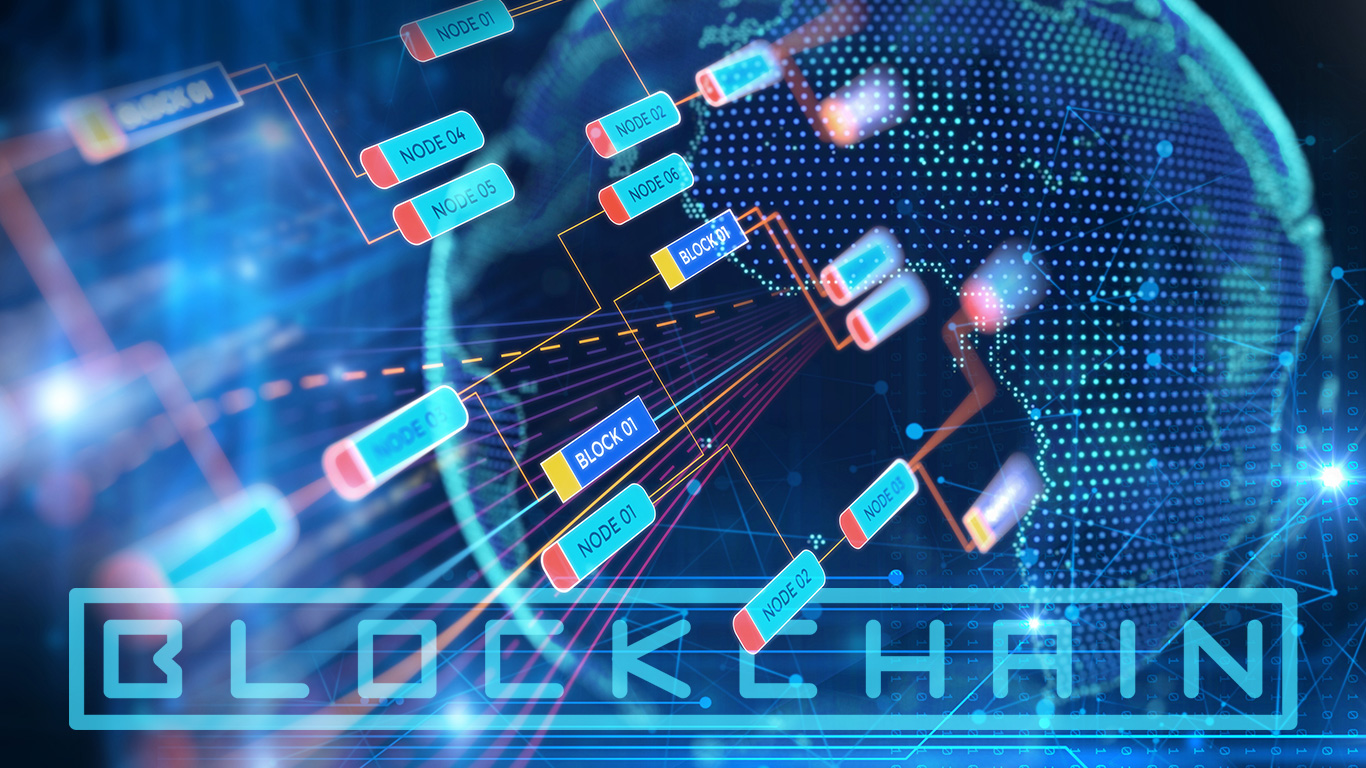
In this section, we will discuss the top 7 best blockchain platforms in 2023.
Ethereum
Ethereum is a decentralized blockchain platform that enables developers to build and deploy decentralized applications (DApps) on its blockchain. It was created by Vitalik Buterin in 2013 and officially launched in 2015. Ethereum allows developers to write smart contracts, which are self-executing contracts with the terms of the agreement between buyer and seller being directly written into lines of code. Smart contracts run on the Ethereum Virtual Machine (EVM), which is a Turing-complete virtual machine that allows developers to create any logic they want.
The native cryptocurrency of the Ethereum blockchain is Ether (ETH), which is used to pay for transaction fees and computational services on the network. Ethereum has gained popularity in recent years due to its ability to enable the creation of decentralized finance (DeFi) applications and non-fungible tokens (NFTs). The Ethereum blockchain has also undergone a significant upgrade with the release of Ethereum 2.0, which aims to improve the scalability and security of the network.
Binance Smart Chain
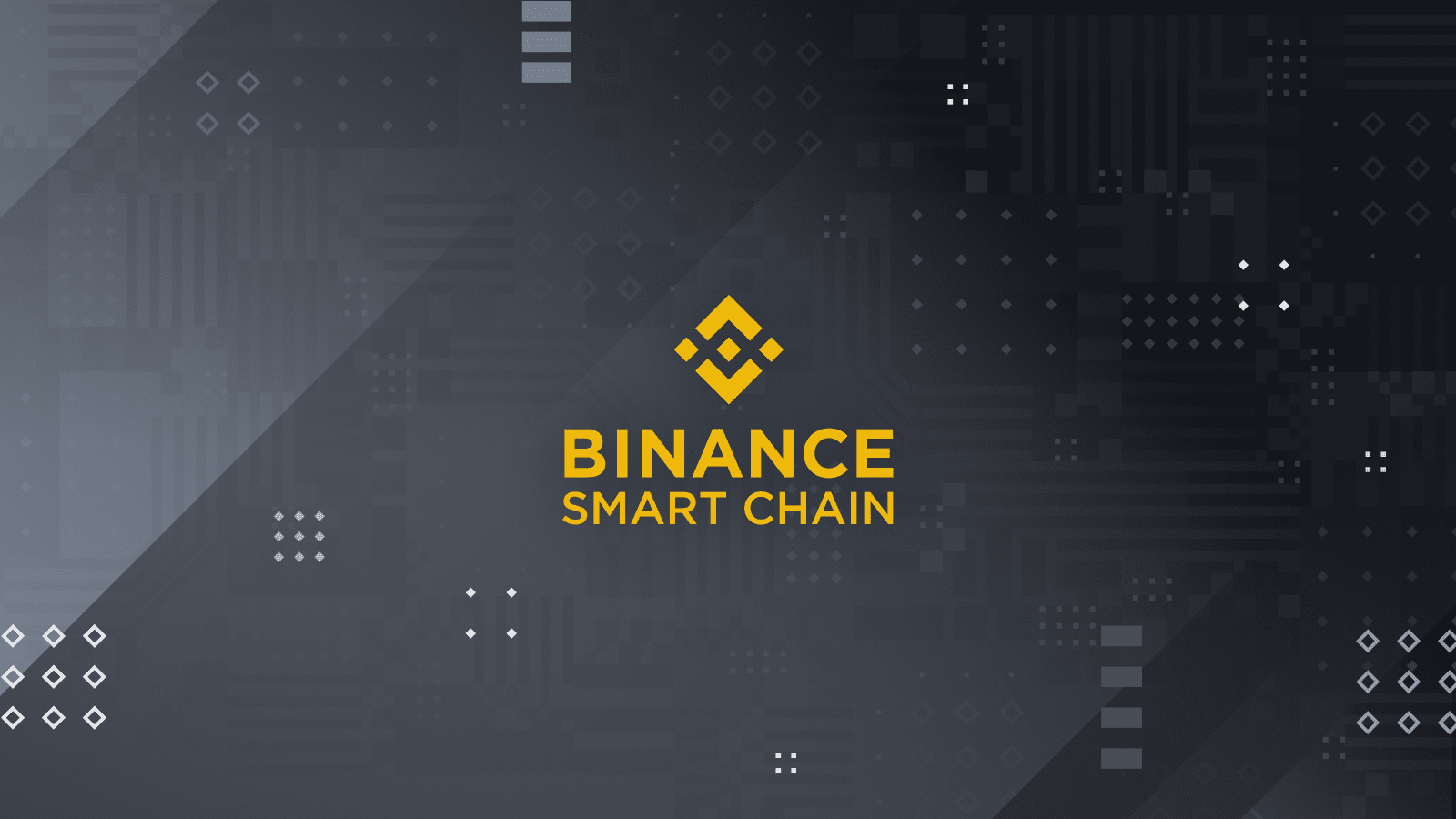
Binance Smart Chain (BSC) is a blockchain platform created by the popular cryptocurrency exchange, Binance. It was launched in September 2020 as a parallel chain to the Binance Chain, but with added smart contract functionality. BSC is designed to be compatible with the Ethereum Virtual Machine (EVM), meaning that developers can use the same tools and programming languages to build and deploy decentralized applications (DApps) on both Ethereum and BSC.
BSC has gained popularity due to its low transaction fees and fast transaction processing times. This has made it a popular choice for users looking to participate in decentralized finance (DeFi) applications, as well as for developers looking to build DApps that require high transaction throughput. BSC also has its own native cryptocurrency, Binance Coin (BNB), which is used to pay for transaction fees and other services on the network.
Cardano
Cardano is a blockchain platform that was launched in September 2017 by Input Output Hong Kong (IOHK), a blockchain research and development company. It was created by Charles Hoskinson, one of the co-founders of Ethereum, with the goal of providing a more secure and sustainable blockchain platform.
Cardano uses a proof-of-stake (PoS) consensus mechanism, which allows for greater energy efficiency and scalability than the proof-of-work (PoW) mechanism used by Bitcoin and many other blockchain platforms. Cardano also has a strong focus on research and academic collaboration, with a team of scientists and researchers working to improve the platform’s design and functionality.
Solana
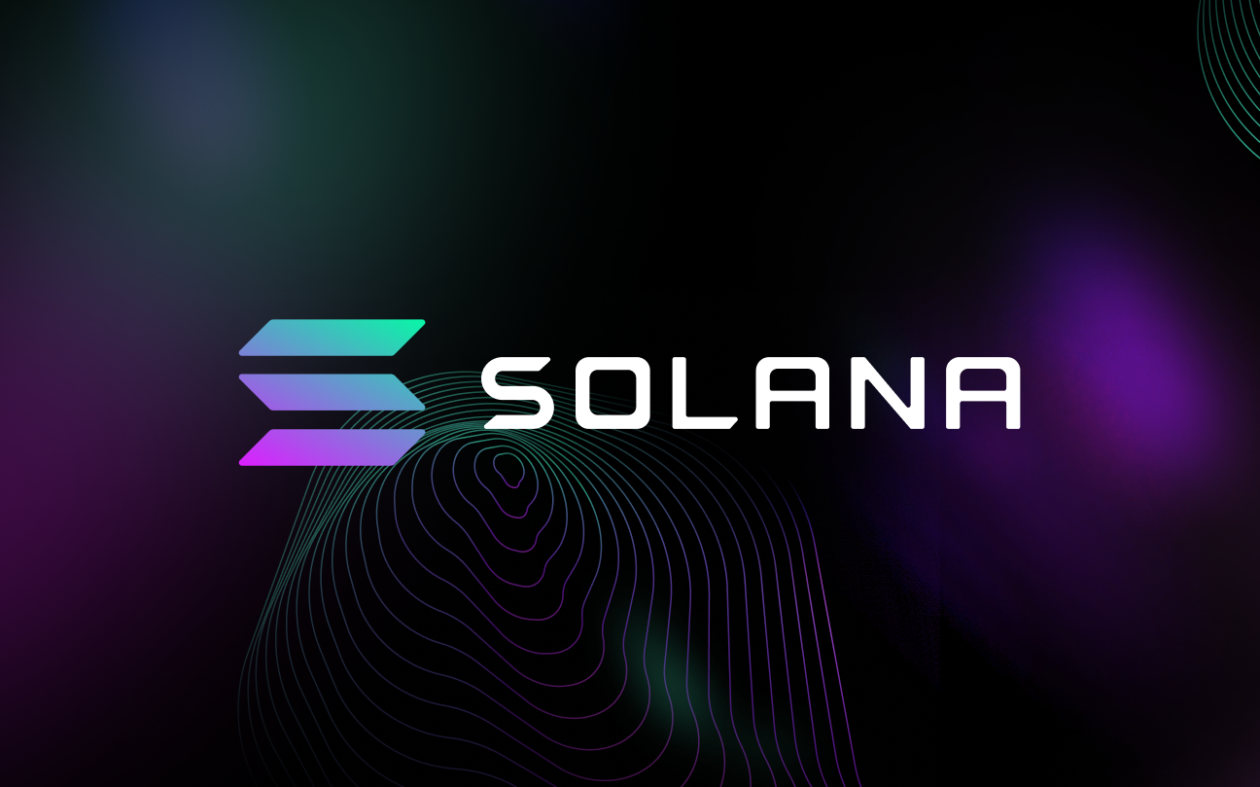
Solana is a high-performance blockchain platform that was launched in March 2020 by the Solana Foundation. It was created by Anatoly Yakovenko, a former engineer at Qualcomm, with the goal of providing a fast and scalable blockchain platform that can support decentralized applications (DApps) with high throughput and low transaction fees.
Solana uses a unique consensus mechanism called Proof of History (PoH), which enables it to process transactions more quickly and efficiently than many other blockchain platforms. Solana can handle up to 65,000 transactions per second, making it one of the fastest blockchain platforms available.
Solana has its own native cryptocurrency, called SOL, which is used to pay for transaction fees and other services on the network. The platform also supports the creation of DApps and smart contracts, similar to Ethereum.
Polkadot
Polkadot is a blockchain platform that enables interoperability between different blockchain networks. It uses a unique sharding mechanism that allows for multiple parallel chains, enabling it to handle a large number of transactions. Polkadot also offers a smart contract platform and a governance structure that allows for community-driven decision-making.
Avalanche
Avalanche is a blockchain platform that offers fast transaction speeds and low transaction costs. It uses a consensus mechanism called Avalanche, which enables high throughput and low latency. Avalanche also offers a smart contract platform and supports interoperability with other blockchain platforms.
Terra
Terra is a blockchain platform that focuses on providing stablecoins for global payments. It uses a stablecoin called UST, which is pegged to the US dollar, enabling it to provide a stable and secure payment infrastructure. Terra also offers a smart contract platform and supports interoperability with other blockchain platforms.
Read More: How to Build Blockchain Android Apps
Comparison of the Top 7 Blockchain Platforms
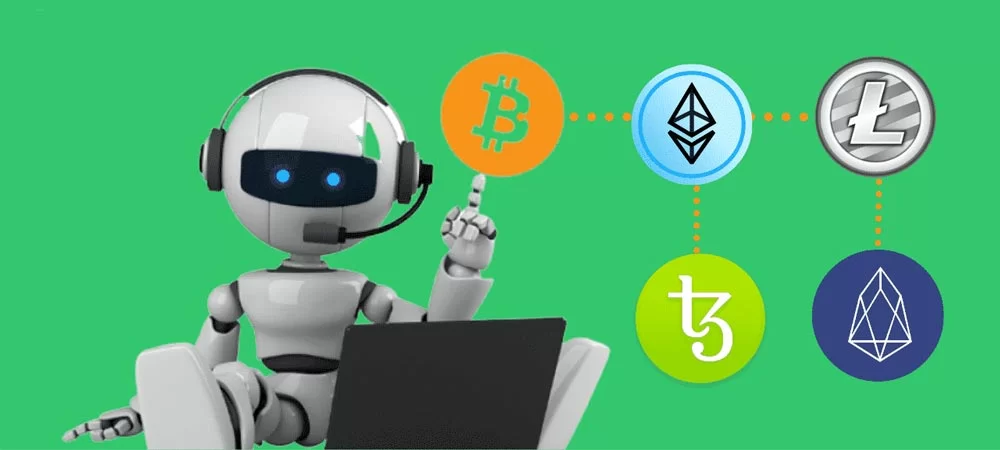
In this section, we will compare the top 7 blockchain platforms based on the criteria mentioned earlier.
| Criteria | Ethereum | Binance Smart Chain | Cardano | Solana | Polkadot | Avalanche | Terra |
|---|---|---|---|---|---|---|---|
| Security | High | High | High | High | High | High | High |
| Scalability | Moderate | High | High | High | High | High | High |
| Interoperability | Moderate | High | Low | High | High | High | High |
| Governance | Decentralized | Centralized | Decentralized | Decentralized | Decentralized | Decentralized | Decentralized |
| Developer-friendly | High | High | Moderate | High | High | High | Moderate |
Conclusion
Blockchain technology has the potential to revolutionize various industries, and blockchain platforms are the building blocks that enable this transformation. The top 7 best blockchain platforms in 2023, including Ethereum, Binance Smart Chain, Cardano, Solana, Polkadot, Avalanche, and Terra, offer unique features and capabilities that cater to different use cases. Choosing the best blockchain platform depends on several factors, including security, scalability, interoperability, governance, and developer-friendliness.
FAQs
What is a blockchain platform?
A blockchain platform is a software platform that enables the development of decentralized applications (dApps) using blockchain technology.
What are the criteria for selecting the best blockchain platforms?
The criteria for selecting the best blockchain platforms include security, scalability, interoperability, governance, and developer-friendliness.
What is the most popular blockchain platform?
Ethereum is one of the most popular blockchain platforms in the market, known for its smart contract capabilities.
What is the difference between PoW and PoS consensus mechanisms?
Proof of Work (PoW) is a consensus mechanism that requires miners to solve complex mathematical problems to validate transactions. Proof of Stake (PoS) is a consensus mechanism that requires validators to stake a certain amount of cryptocurrency to validate transactions.
Which blockchain platform offers stablecoins for global payments?
Terra is a blockchain platform that focuses on providing stablecoins for global payments.





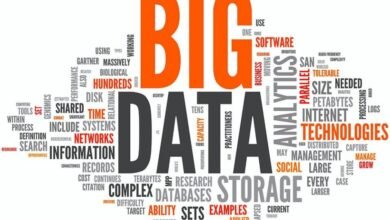






4 Comments